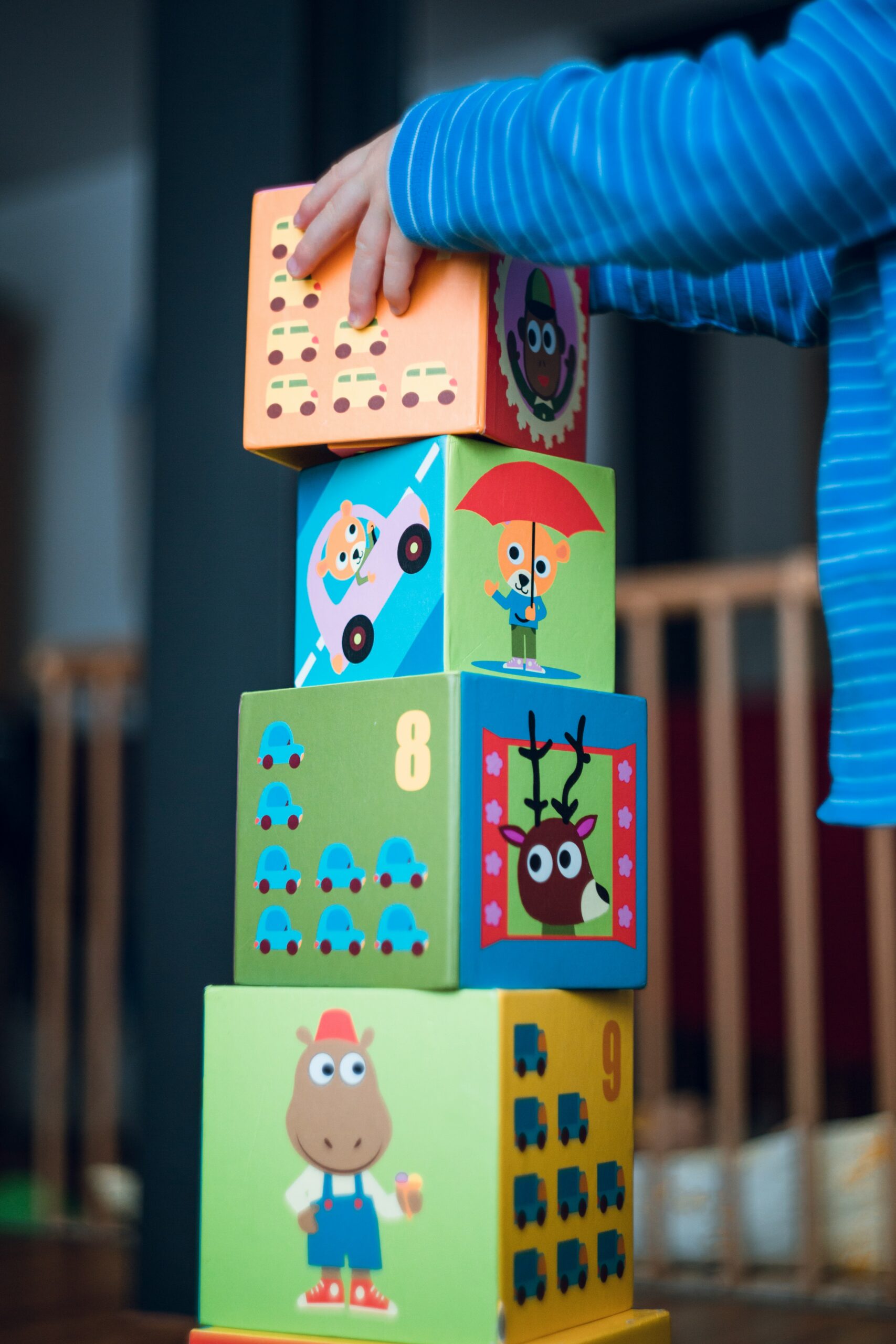The Role of Play in Child Development: Why It Matters
Play is more than just fun; it’s a critical component of a child’s development.

The Importance of Play in Cognitive Development
Play is a vital factor in the cognitive development of children. It offers a platform for children to explore, experiment, and understand the world around them. Through play, children engage in problem-solving, develop critical thinking, and enhance their memory. These activities foster a child’s ability to process information and form new concepts. Cognitive play can include activities such as puzzles, building blocks, and role-playing, which require children to strategize and plan. Such play not only stimulates brain development but also prepares children for academic challenges. For instance, when a child is playing with blocks, they are not only using their imagination but also learning about spatial relationships, balance, and geometry.
Play and Social Skills
Social play is essential for developing social skills. It encourages children to interact with peers, learn to communicate, and understand social cues. Through activities like group games, children learn important social skills such as cooperation, sharing, and empathy. These interactions help in building friendships and understanding the value of teamwork. Moreover, social play allows children to navigate social boundaries and learn conflict resolution. For example, during a group game, children negotiate rules and roles, which helps them understand the perspectives of others and develop negotiation skills. Thus, play is a crucial component in fostering healthy social relationships and emotional intelligence.
Emotional Development through Play
Play also plays a significant role in emotional development. It provides children with an outlet to express their feelings and work through emotions such as fear, joy, frustration, and excitement. Through imaginative play, children can explore various emotional roles and scenarios, which helps them to understand and manage their own emotions better. By participating in different types of play, such as pretend play or storytelling, children learn to empathize with others’ feelings while identifying and articulating their own. This emotional regulation is vital as it contributes to a child’s overall well-being and resilience. For example, a child playing ‘house’ might express care and nurturing, which reflects their understanding of family dynamics and emotional roles.
The Physical Benefits of Play
Physical play is crucial for the development of motor skills and overall health. Activities like running, jumping, and climbing help in developing both gross and fine motor skills. Physical play improves coordination, balance, and physical fitness, which are essential for a healthy lifestyle. It also encourages healthy growth and development of bones and muscles. Moreover, regular physical activity through play can help in preventing childhood obesity and associated health issues. For example, playing tag or participating in sports can significantly contribute to a child’s physical health while also being fun and engaging.
Integrating Play in Education
Recognizing the importance of play, educators and parents are increasingly incorporating play into educational settings. Play-based learning is becoming a popular approach, where educational content is delivered through playful activities. This method enhances learning by making it enjoyable and engaging, thus increasing a child’s motivation and interest. Teachers can use games, storytelling, and creative arts to teach various subjects, ensuring that children are actively participating and absorbing information effectively. Play-based learning not only covers academic content but also supports the development of social, emotional, and physical skills. For instance, a science lesson might involve a hands-on experiment that allows children to play with materials and observe outcomes, fostering curiosity and learning.
Conclusion: Embracing Play for Holistic Development
In conclusion, play is an essential component of childhood development, offering numerous benefits across cognitive, social, emotional, and physical domains. By understanding and integrating play into daily activities, parents, educators, and caregivers can ensure that children develop the necessary skills for a well-rounded life. Encouraging play is not merely about entertainment; it is about nurturing a generation of confident, capable, and well-adjusted individuals. As we recognize the profound impact of play, it becomes clear that fostering environments that encourage playful learning will benefit children far beyond their early years, setting the foundation for lifelong growth and development.
